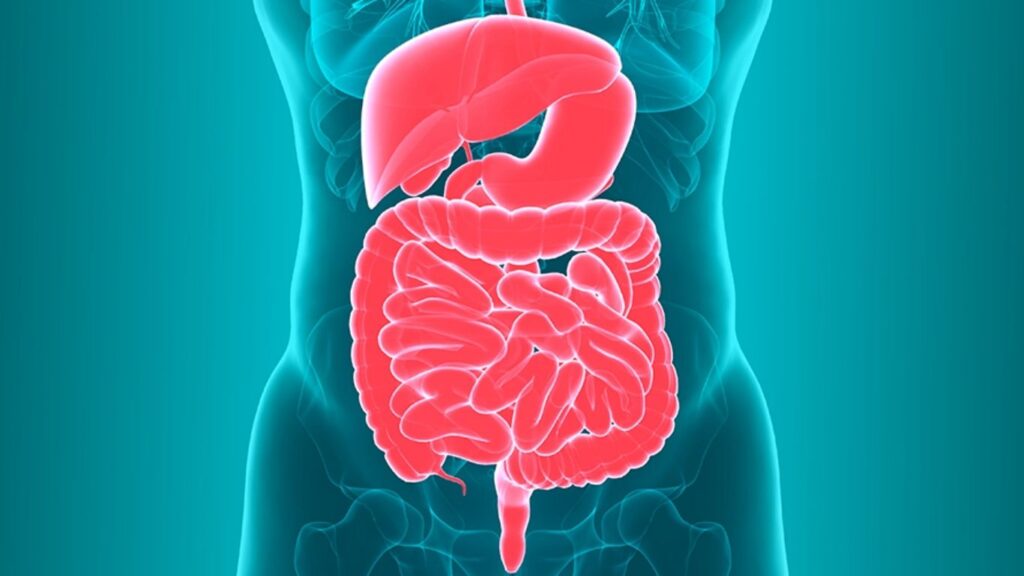Copper, a vital trace mineral, plays a crucial role in various bodily functions, such as energy production, iron metabolism, and maintaining a healthy nervous system. Although copper deficiency is uncommon, its impact on health can be significant when it does occur. Symptoms of copper deficiency may include fatigue, anemia, weakened immunity, and neurological issues. The causes often stem from inadequate dietary intake, malabsorption disorders, or genetic factors. To prevent copper deficiency, it’s essential to consume a balanced diet rich in copper-containing foods like nuts, seeds, shellfish, and whole grains. This blog will delve into the symptoms, causes, and effective strategies to prevent copper deficiency, ensuring optimal health and well-being.
Copper Deficiency: Symptoms, Causes and How to Prevent It
Symptoms of Copper Deficiency
Copper deficiency can manifest in a variety of ways, often affecting multiple systems within the body. Some of the most common symptoms include:

- Fatigue and Weakness: Copper plays a crucial role in the production of adenosine triphosphate (ATP), the body’s primary energy source. Without enough copper, energy production declines, leading to chronic fatigue and muscle weakness.
- Anemia: Copper is essential for iron metabolism, aiding in the absorption and utilization of iron to produce hemoglobin and red blood cells. A deficiency in copper can lead to iron-deficient anemia, characterized by symptoms like pallor, dizziness, and shortness of breath.
- Neurological Symptoms: Copper is vital for the health of the nervous system. Deficiency can lead to nerve damage, resulting in symptoms such as numbness, tingling, and loss of coordination. In severe cases, it can mimic conditions like multiple sclerosis.
- Impaired Immune Function: Copper is important for the development and maintenance of immune cells. A deficiency can weaken the immune system, making the body more susceptible to infections and illnesses.
- Brittle Bones and Osteoporosis: Copper is involved in the formation of collagen, which is necessary for maintaining strong bones and connective tissues. Deficiency can lead to weakened bones, increasing the risk of fractures and osteoporosis.
- Cardiovascular Issues: Copper helps maintain the health of blood vessels and the heart. Deficiency can contribute to cardiovascular problems, including heart disease and high blood pressure.
- Skin and Hair Problems: Copper is involved in the production of melanin, the pigment responsible for hair and skin color. Deficiency can lead to depigmentation, premature graying of hair, and skin conditions.
Causes of Copper Deficiency
Copper deficiency can arise from several factors, often related to diet, medical conditions, or lifestyle choices. The most common causes include:

- Inadequate Dietary Intake: Copper deficiency is more likely in individuals with a diet low in copper-rich foods, such as shellfish, nuts, seeds, whole grains, and dark leafy greens.
- Gastrointestinal Surgery: Surgical procedures like gastric bypass can interfere with the absorption of copper in the digestive system, leading to deficiency.
- Excessive Zinc Intake: Zinc and copper compete for absorption in the intestines. High doses of zinc supplements can inhibit copper absorption, leading to deficiency.
- Genetic Disorders: Conditions such as Menkes disease, a genetic disorder affecting copper levels in the body, can lead to severe deficiency. This condition is usually diagnosed in infancy and can cause developmental delays and other serious symptoms.
- Malabsorption Syndromes: Diseases that affect the gut, such as celiac disease, Crohn’s disease, or cystic fibrosis, can impair the body’s ability to absorb copper from food.
How to Prevent Copper Deficiency
Preventing copper deficiency involves ensuring adequate intake through diet and, in some cases, supplementation. Here are some strategies to maintain healthy copper levels:

- Consume Copper-Rich Foods: Incorporate foods high in copper into your diet. Good sources include shellfish (especially oysters), seeds (such as sunflower and sesame seeds), nuts (like almonds and cashews), organ meats (such as liver), and dark chocolate.
- Be Cautious with Zinc Supplements: If you are taking zinc supplements, it is important to balance them with copper intake to avoid inhibiting copper absorption. Multivitamins often contain both minerals in balanced amounts.
- Monitor Gastrointestinal Health: If you have undergone gastrointestinal surgery or suffer from conditions that affect nutrient absorption, regular monitoring of copper levels may be necessary. Your healthcare provider may recommend supplements if you are at risk.
- Consider Supplements: In cases where dietary intake is insufficient or absorption is impaired, copper supplements may be necessary. However, it is important to consult with a healthcare provider before starting supplementation to avoid the risk of copper toxicity.
- Regular Health Check-ups: Regular blood tests can help detect low copper levels before symptoms develop. Early detection and treatment are key to preventing the complications associated with copper deficiency.
Conclusion
Copper is a vital mineral that supports many essential bodily functions, and maintaining adequate levels is crucial for overall health. While deficiency is relatively rare, it can have significant consequences if not addressed. By understanding the symptoms, causes, and prevention strategies, you can ensure that your body gets the copper it needs to function optimally. If you suspect you may have a copper deficiency, consult with a healthcare provider for proper diagnosis and treatment.
Also read: 10 The Essential Role of Copper in Human Health
